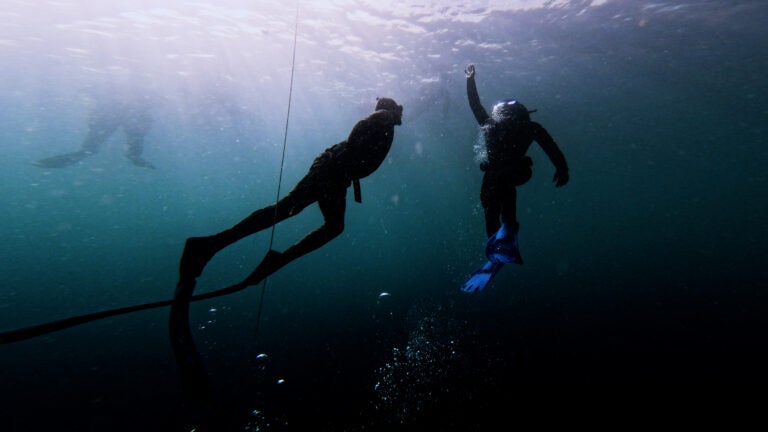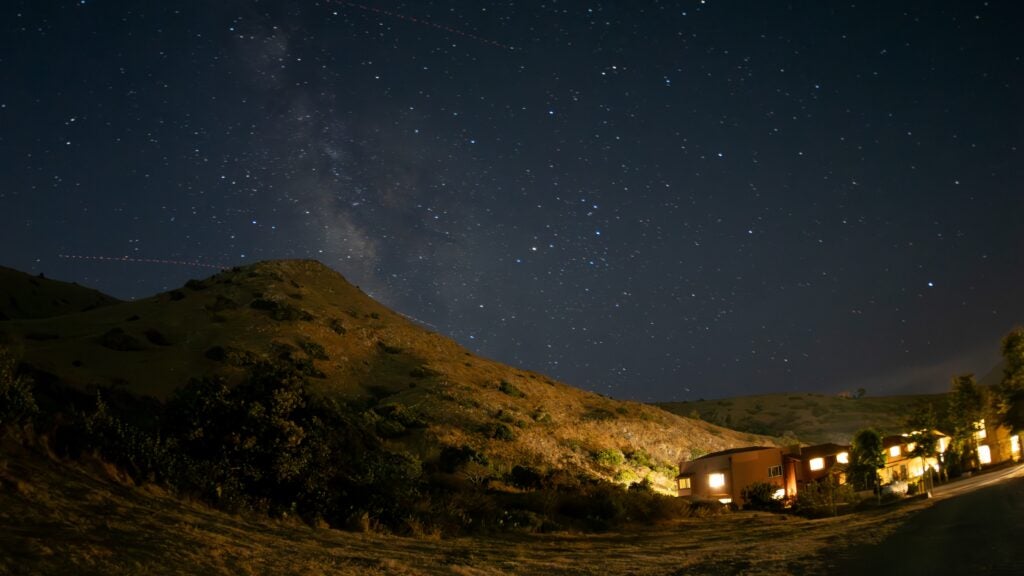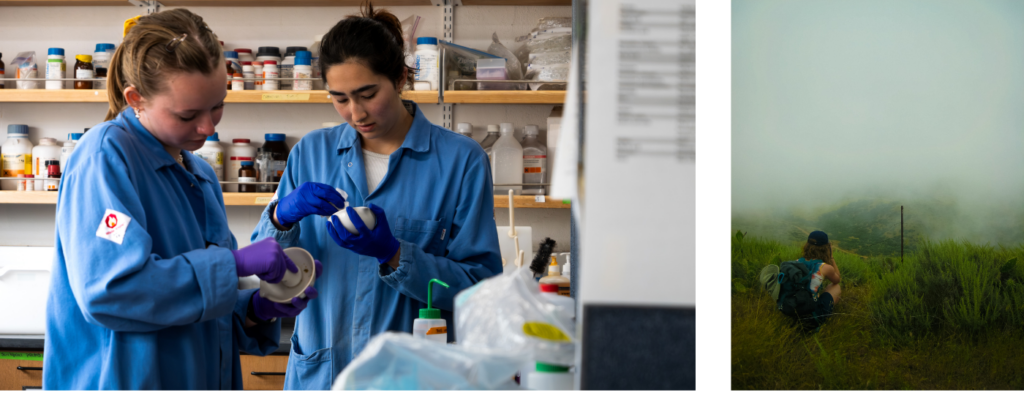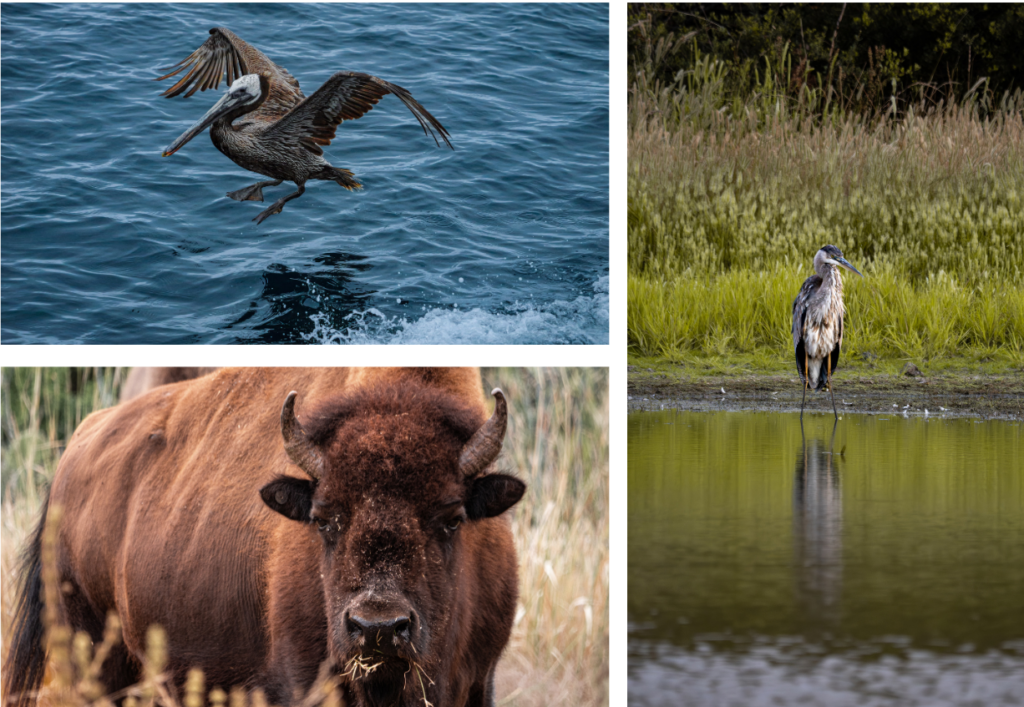
Alexander Luce captures underwater photos of Scientific Diving Discovery Program participants learning about freediving (Alexander Luce/USC Wrigley Institute)
Many Moments, One Breath
I’m a film production major at the School of Cinematic Arts. This summer, I spent 14 weeks on Catalina Island as a Wrigley Environmental Communications Intern. My focus was to take photographs of the dynamic science programs that take place from May to August. I brought my camera to many places: boating excursions, trail hikes, overnight camping, laboratories, seminars, and even underwater. I took pictures of many faces: student researchers, visiting experts, and dedicated professionals. I’m grateful for this amazing experience, and I take with me the following 2 insights that will make me a better filmmaker.

Being Open to the Moments
Looking back, I’ve missed plenty of photo opportunities. I was initially timid, and I also thought I needed to take photos from a healthy distance. I didn’t want to shove my camera in people’s faces. The only experience I had with the Maymester students before I started photographing was our 90-minute boat ride to Big Fisherman’s Cove. I worried that if I got too close, I’d mess up the natural vibe I wanted to capture. Unlike filmmaking, there was no script to follow and these students were not actors.

After the Maymester students departed, I found myself with a week of quiet. It was the first time I truly had an opportunity to take in the surroundings. Everyone was gone, except me, the education intern, and the hyperbaric chamber crew. To pass the time, we played card games in the evenings and shared meals in the dining hall. During the day, it was me and nature. I hiked all the trails available, and became familiar and comfortable with what was around me. I then spent a lot of time taking photos of wildlife: herons, buffalo, quails, and squirrels.

When the Research Experience for Undergraduates (REU) cohort arrived in June, I tried to create a sense of familiarity. Although I let them know that I was there to capture moments of their experience, I still found it awkward and challenging to claim a physical space to take the photos from the best angles to frame a subject or situation. Finding the sweet spot between being present and capturing real moments without messing up the flow of events is a tricky game. As a photographer, this feels like the final boss level—the ultimate hurdle in a game you can never beat. Forget about perfect framing or lighting; the real challenge is figuring out how to be in the middle of things without actually disrupting them. You either blend right in or become invisible—there’s no middle ground.

Photography is different from making films, and I had to stay open and curious to each new situation. This is still something I struggle with as a photographer, but with each new cohort of island visitors, I hope I’m getting a little better and capturing their emotions, activities, and interactions.
Growth Beneath the Surface
Freediving on the island has become an almost daily ritual. It is my personal commitment to deepening my connection with the underwater world. Despite having an open water diving certification, I longed for a way to explore underwater without the constraints of a heavy air tank and BCD. Freediving was the answer.
Initially, measuring my progress was challenging. Like many, I wanted to greatly improve my breath-holding and bottom time skills. One day out on a snorkel, a friend asked me if I had noticed any improvement in how long I could hold my breath. I had told them that it was hard for me to feel the difference.
Throughout my time freediving, I had also been filming with my Go-Pro; both for personal use and to collect footage for my final capstone video. Opening up the SD card after weeks of keeping it in the camera, I was finally able to view all of the videos. To my suprise, each video of me diving had a progressively longer timestamp. This was proof that in fact I was getting better at holding my breath. In addition, my camera skills become increasingly steady and focused, making my shots appear much smoother.
Freediving was a new physical challenge that required regular practice. What I discovered was just how much I loved being in the water, swimming through the kelp forests, and chasing the schools of Sargo. It’s true, if you love what you’re doing, growth and progress will come naturally.
Thank you to my mentors Kathryn Royster and Jessica Dutton of the USC Wrigley Institute for Environment and Sustainability. And a special shout out to the staff at the Wrigley Marine Science Center for freediving lessons, card games, video interviews, and great meals.
Watch Alexander’s capstone video below!